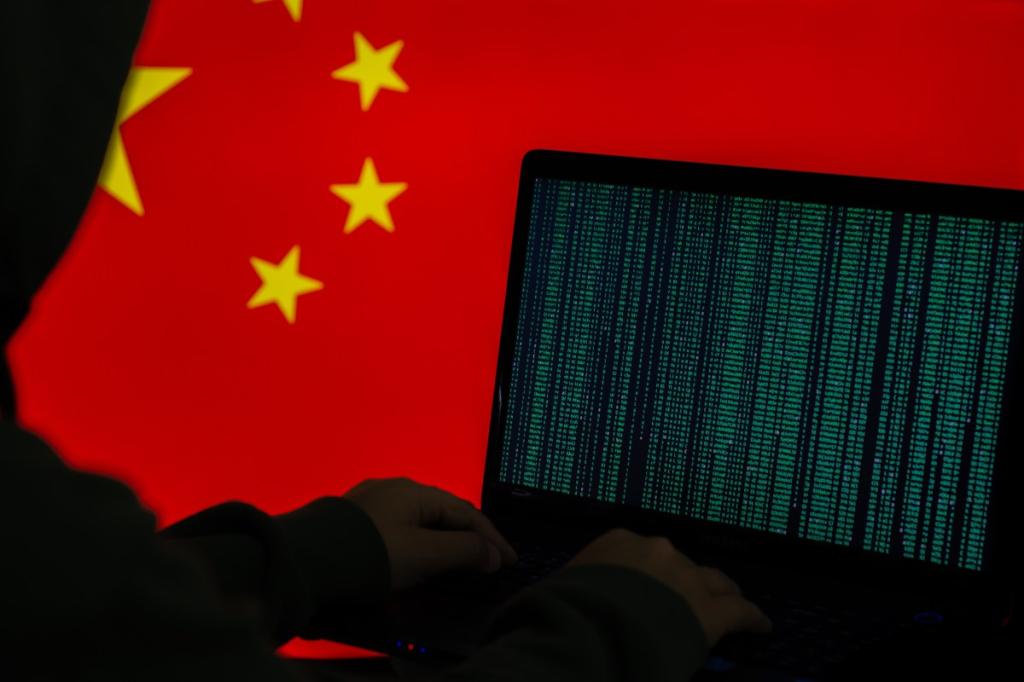Iranian Hackers Target Trump's Campaign Threatening Election Integrity
Iranian hackers launched a cyber attack on Trump's campaign, raising urgent concerns about election integrity and foreign interference in U.S. democracy.

Key Points
- Three Iranian operatives were charged with cyber attacks aimed at undermining Donald Trump
's presidential campaign and influencing the 2024 election.
- The hacking operation reflects a broader trend of foreign interference in U.S. elections, similar to past incidents involving Russia.
- Strengthening cybersecurity measures is essential to protect electoral integrity and maintain public confidence in the democratic process.
In an alarming development, U.S. federal authorities have charged three Iranian nationals linked to a significant cyber intrusion aimed at undermining Donald Trump’s presidential campaign. This incident reflects the broader concerns regarding foreign interference in U.S. elections, an issue that remains increasingly relevant as the 2024 general election approaches. The
(DOJ) unveiled these charges against operatives allegedly associated with Iran’s
(IRGC), a group previously designated as a terrorist organization by the United States.
Details of the Indictment
The indictment, which was made public recently, accuses Masoud Jalili, Seyyed Ali Aghamiri, and Yasar Balaghi of orchestrating a complex hacking campaign aimed at various targets, including current and former U.S. government officials, journalists, and members of both presidential campaigns. The charges, totaling 18 counts, include serious offenses such as wire fraud, aggravated identity theft, and conspiracy to provide material support to a foreign terrorist organization. This organized effort appears to be part of a broader Iranian strategy to impact U.S. politics through cyber tactics.
The DOJ has indicated that this campaign was not merely an isolated event; rather, it had the potential to create significant unrest and discord within the electoral framework of the United States. U.S. Attorney General
emphasized, “These authoritarian regimes which violate the human rights of their own citizens do not get a say in our country’s democratic process”. Such statements remind us of the critical importance of safeguarding democratic integrity against external threats.

A Broader Perspective on Cyber Warfare
This hacking operation parallels previous instances of foreign interference, notably the 2016 hacking of the
(DNC) by Russian operatives. In both cases, these cyber-attacks aimed to exploit divisions within American society and sway public opinion ahead of crucial elections. Analysts have noted a worrying trend: as elections draw near, foreign powers view the U.S. political landscape as a battleground for influence.
The current environment characterized by heightened political polarization is ripe for such manipulative tactics. Reports suggest that the Iranian operatives attempted to distribute stolen Trump campaign documents to members of the Biden campaign, an act perceived as an effort to create chaos and mistrust. Media outlets like
and
have confirmed receiving such documents but opted not to publish, prioritizing the integrity of the electoral process over sensationalism.
The Implications for Election Security
The implications of these cyber-attacks extend well beyond the immediate political context; they underline the necessity for robust cybersecurity measures to protect sensitive information vital to the electoral process. Recommendations from cybersecurity experts suggest that campaigns should enhance their defenses against phishing attacks and improve their response strategies for handling potential breaches. Investing in security infrastructure can empower campaign teams to safeguard not only their communications but also the fundamental democratic principles at stake.
Looking Ahead: Maintaining Electoral Integrity
With the November 2024 elections on the horizon, vigilance must be a collective priority. The convictions stemming from these cyber activities should serve as a catalyst for ongoing discussions about election security and international cybersecurity cooperation. As citizens and stakeholders, it is our responsibility to advocate for measures that foster transparency, accountability, and resilience within our democratic processes.
As we assess the evolving landscape of cyber threats, it is crucial to remain informed and proactive. Engaging in community discussions about election integrity and cyber awareness can create a more informed populace that stands against attempts of foreign interference. By prioritizing these conversations, we can play our part in fortifying the foundations of our democracy.
This recent indictment serves as a stark reminder of the ongoing challenges posed by foreign adversaries to our electoral integrity. As highlighted by U.S. officials, the American people must be the sole arbiters of their democratic future. Each individual’s engagement and vigilance can contribute significantly to upholding the values that define us as a nation.


